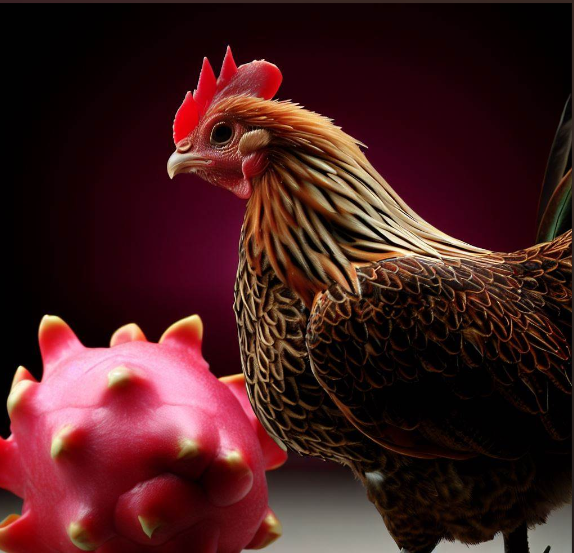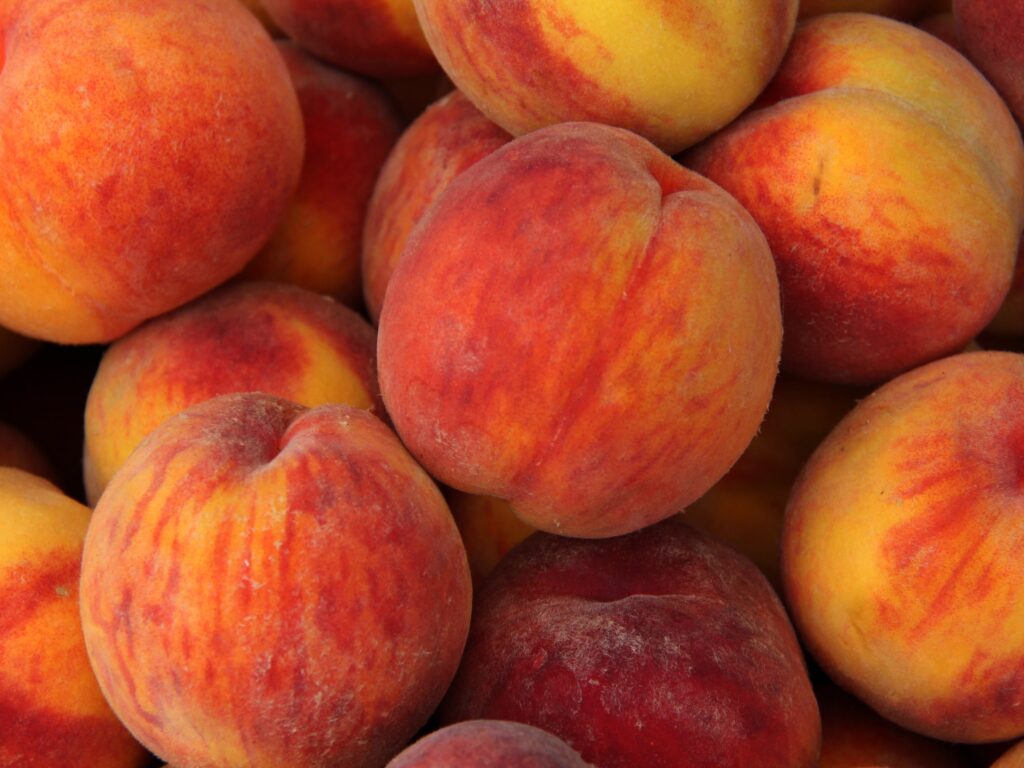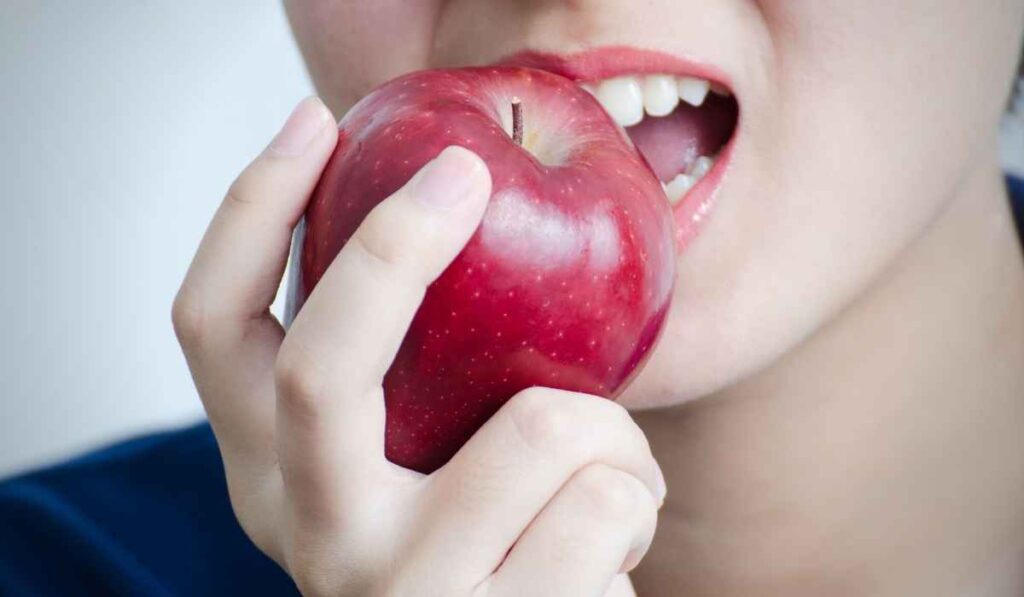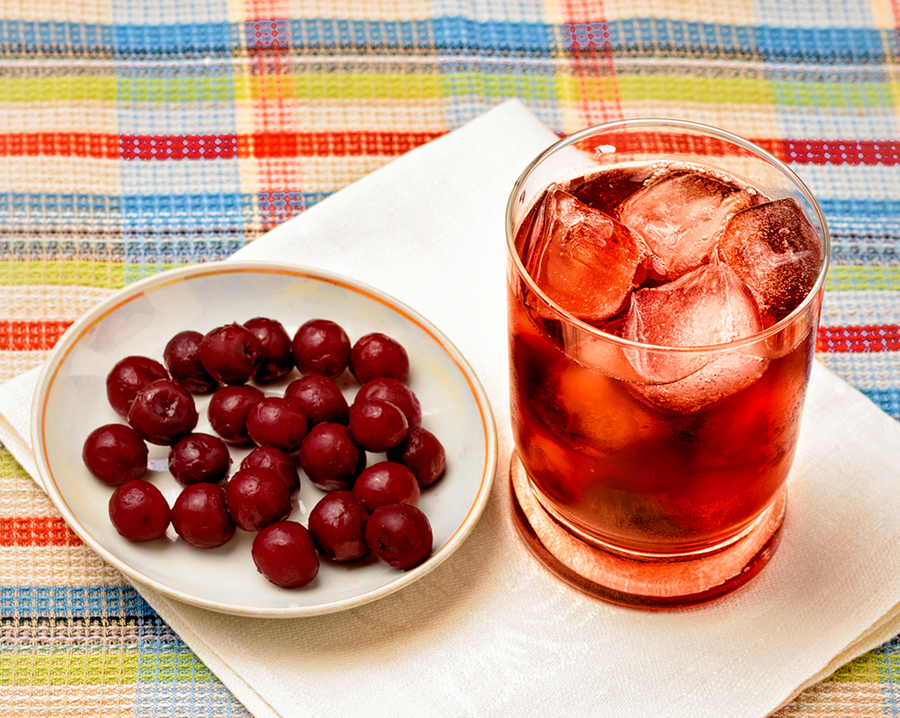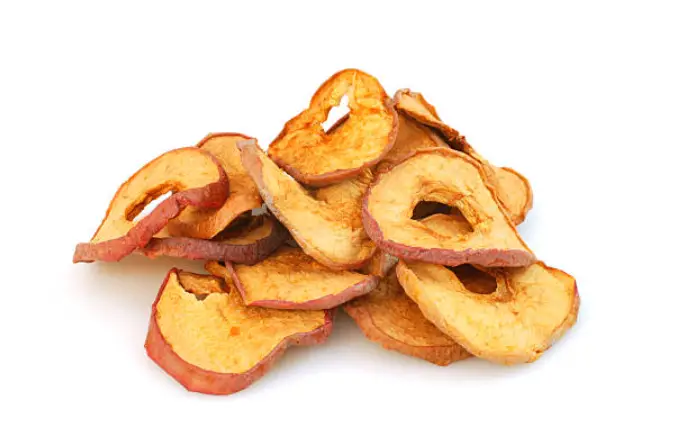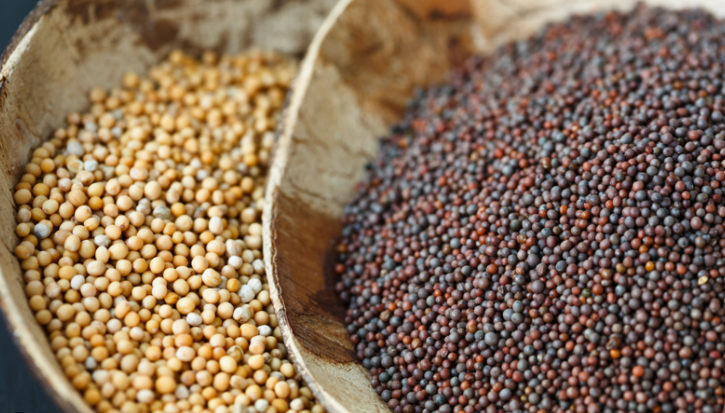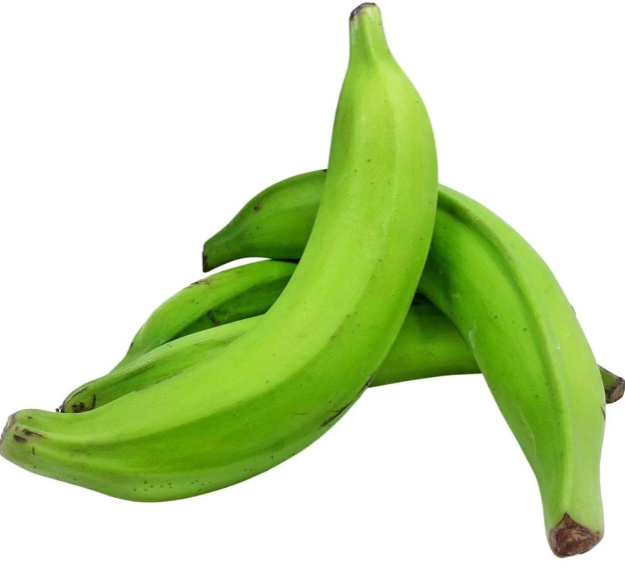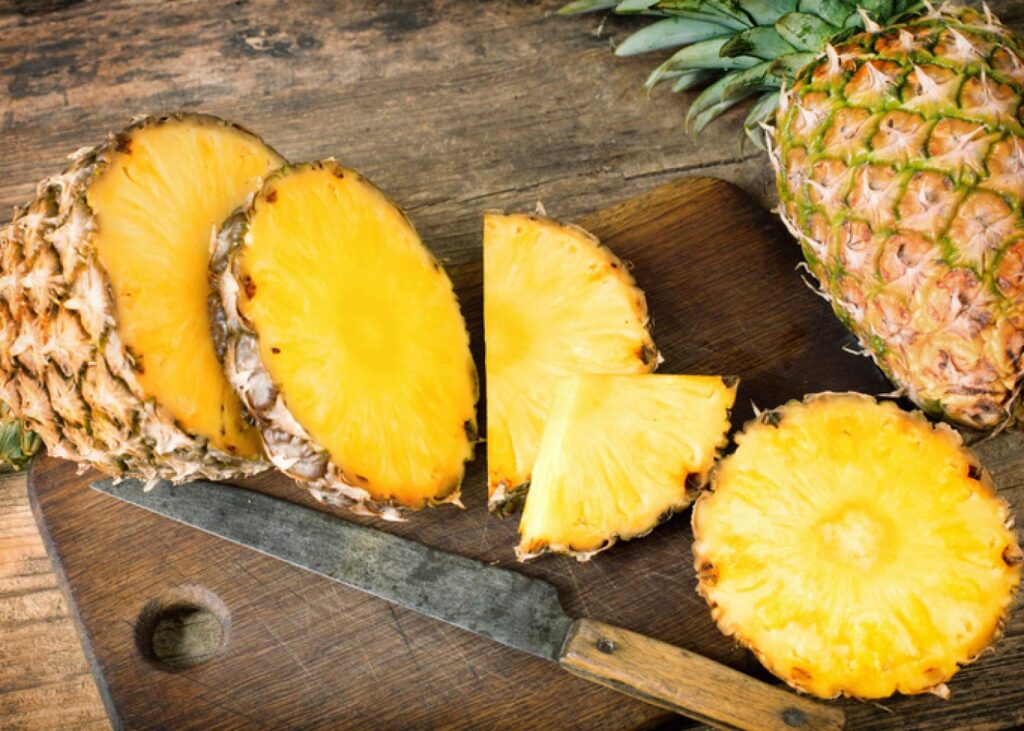Many people enjoy eating seedless fruits because they’re easy to eat without the hassle of seeds. But some have raised concerns about whether these fruits can make it harder for people to have babies. What’s the real story?
Table of Contents
Understanding Seedless Fruits
Seedless fruits are made to grow without developing seeds. Some examples are seedless grapes, watermelons, oranges, and bananas.
These fruits taste and provide the same nutrients and calories as fruits with seeds. The big difference is that they don’t have seeds, which means they’re simpler to eat and use in cooking or snacks.
How Do They Make Seedless Fruits?
There are several methods to create seedless fruits that we buy in stores:
- Choosing plants carefully – Seedless plants are bred with each other over and over.
- Changing the plant’s genes – Scientists change parts of the plant’s DNA that relate to making seeds.
- Making cells have extra chromosomes – Having more chromosomes can stop seeds from growing correctly.
- Using special plant hormones – These can be used at certain times to keep seeds from developing.
Can Eating Seedless Fruits Affect Having Babies?
Science says that eating seedless fruits doesn’t make it harder for humans to have babies. Even though these fruits don’t have seeds that can grow into new plants, they don’t change how our bodies work for making babies.
But some people have ideas about why these fruits might be a problem:
- Fewer healthy plant chemicals – It’s said that breeding plants for seedlessness might lose some good chemicals, like antioxidants, which are important for keeping our reproductive systems healthy. Still, how much of these chemicals are in the fruit can change a lot, whether the fruit has seeds or not.
- Possible chemicals in the fruit – A theory suggests that chemicals that aren’t good for us might build up in seedless fruits and harm our hormones and make it difficult to have babies if we eat too much. But, no research has shown that this is true.
- Missing out on nutrients in the seeds – Seeds can be a source of fiber, protein, minerals, and beneficial fats. Some think not eating these could, over time, make it harder to have babies. But really, seeds are just a small part of all the nutrients we eat. li>
Most scientists agree that seedless fruits are safe for our ability to have kids if we include them in a balanced diet. There’s no dietary or chemical reason to believe they would stop us from having babies.
Why Seedless Fruits Can Be Good
Even if seedless fruits don’t change our ability to have kids, they can be a good choice for other reasons:
- They are easy to eat and convenient.
- We don’t throw away as much when we eat them since there are no seeds.
- People who don’t like seeds can enjoy them more.
- We can eat more of the fruit, including the nutrient-rich outer parts like the skin.
- They are great for making juices and other products where seeds would get in the way.
It’s best to eat a mix of different colored, fresh, and in-season fruits. Choose the whole fruit over juice to get more fiber and nutrients.
The Bottom Line
Based on what we know now, seedless fruits don’t harm our chances of having children. There’s no proof they cause us to lose key nutrients, gather harmful chemicals, or create any direct problems with fertility.
To stay healthy, it’s good to eat seedless fruits as one part of your diet. Make sure you also have a big variety of other foods like veggies, grains, lean meats, milk products, nuts, and seeds. These all give you essential things your body needs, like vitamins, minerals, protein, healthy fats, and chemicals that protect your cells.

